trending
neon
Cirque du Soleil offers summer ticket deals
dining out
Celebs ditch the Strip for iconic Henderson restaurant
july 
trending
neon
Cirque du Soleil offers summer ticket deals
dining out
Celebs ditch the Strip for iconic Henderson restaurant
july 
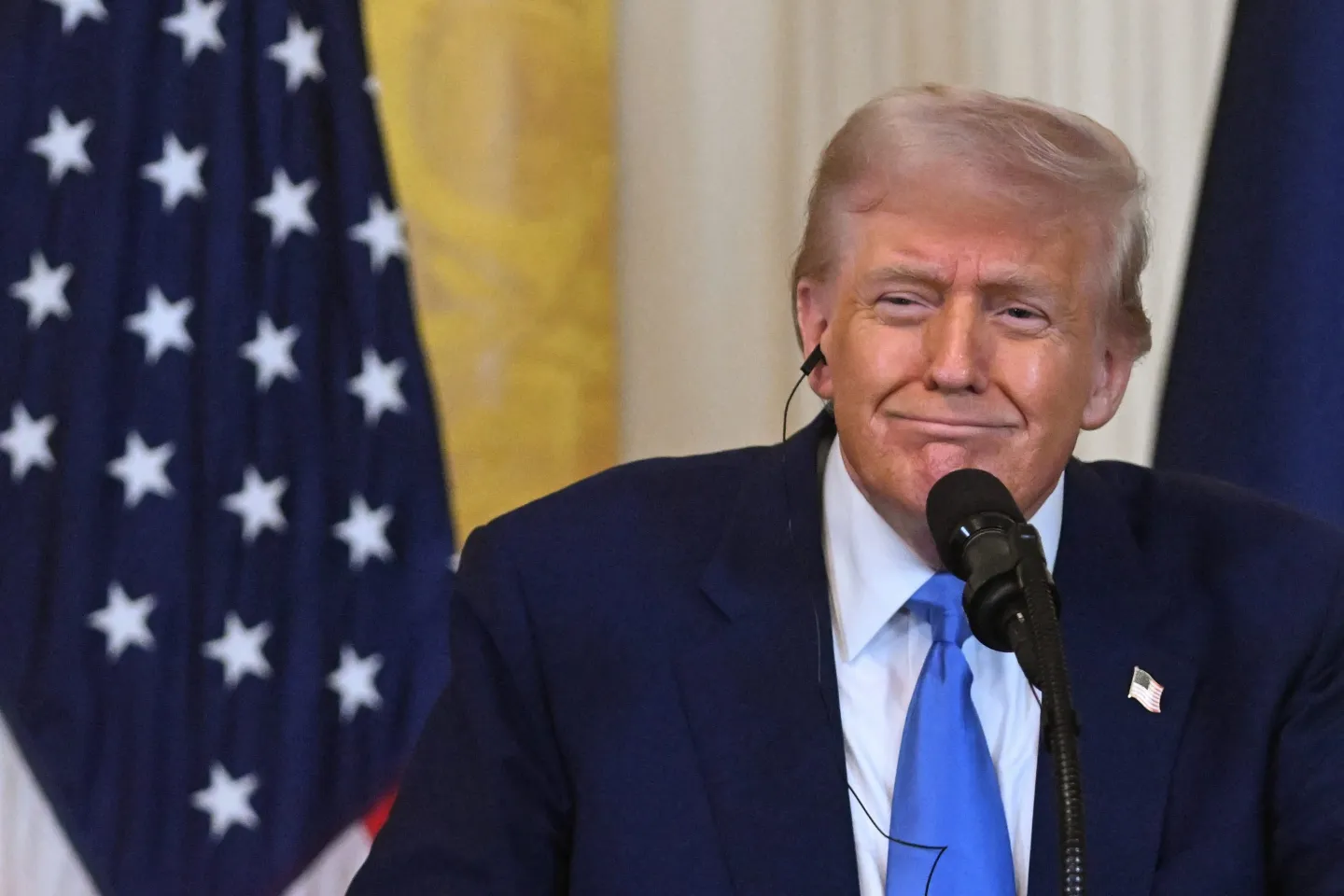
The Trump administration has introduced the "America First Investment Policy" to tighten foreign investment regulations, safeguard national security, and prioritize U.S. economic growth. The policy aims to restrict investments from certain countries while encouraging domestic reinvestment




In a significant shift in U.S. investment regulations, the Trump administration has launched the “America First Investment Policy”, designed to strengthen national security, protect critical industries, and reduce foreign influence over the U.S. economy.
The policy introduces stricter CFIUS (Committee on Foreign Investment in the United States) reviews and heightened restrictions on foreign investments, particularly from adversarial nations like China and Russia. It also promotes domestic reinvestment, aiming to boost American manufacturing, technology, and infrastructure sectors.
National Security Enhancements
Protecting American Businesses & Jobs
Restrictions on Investments from China & Russia
Boosting American Competitiveness
With heightened scrutiny, foreign investors may reconsider entering the U.S. market, particularly in high-tech and manufacturing industries.
While investments from China, Russia, and other adversarial countries will face restrictions, allied nations like Canada, the UK, Japan, and Australia may continue investing with fewer hurdles.
Many U.S. business leaders support the policy’s focus on national security and job creation, but some worry it could slow economic growth by limiting access to foreign capital.
The Trump administration has introduced the "America First Investment Policy" to tighten foreign investment regulations, safeguard national security, and prioritize U.S. economic growth. The policy aims to restrict investments from certain countries while encouraging domestic reinvestment
the latest

CFIUS Tightens Rules on Foreign Investments in the U.S
The Committee on Foreign Investment in the United States (CFIUS) has introduced stricter regulations targeting investments from specific countries, citing national security concerns
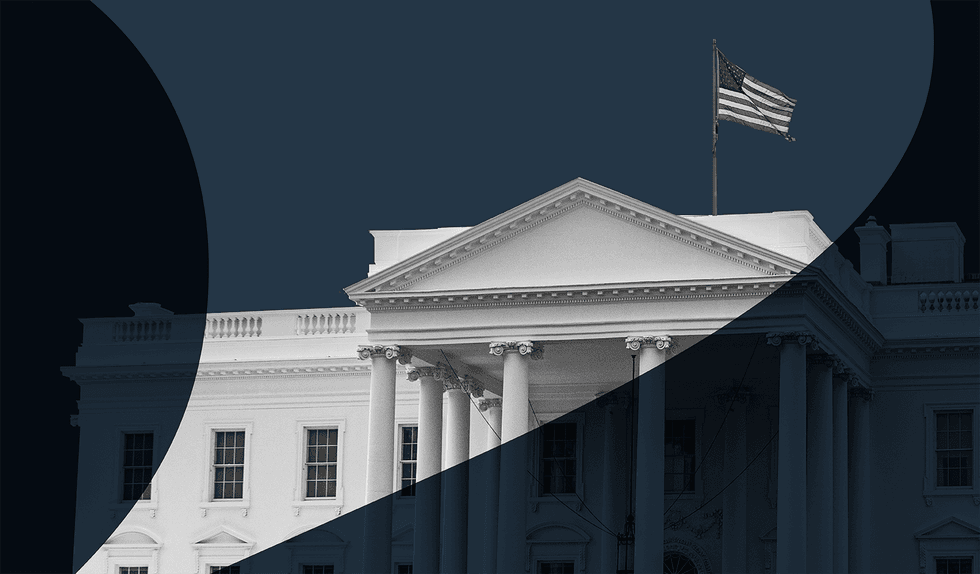
White House Releases 'America First Investment Policy' Memo
The White House has unveiled its latest initiative, the 'America First Investment Policy' memo, outlining strategies to attract foreign capital while prioritizing domestic industries. The policy aims to enhance job creation, boost American businesses, and redefine trade relations to favor U.S. economic interests
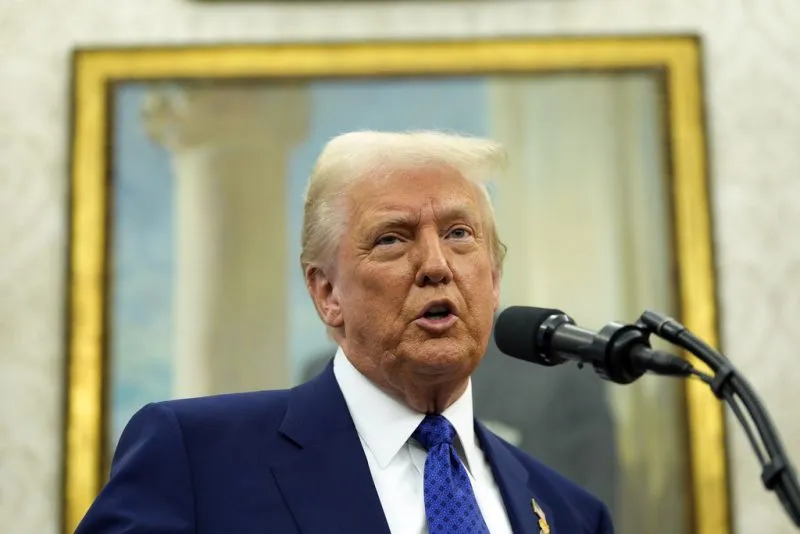
Trump's Tariffs Unleash Investor Uncertainty: Next Steps
Former President Donald Trump's latest round of tariffs has sent shockwaves through global markets, leaving investors grappling with increased uncertainty. With businesses facing higher costs and trade tensions escalating, analysts weigh in on the long-term implications for industries, financial markets, and economic stability
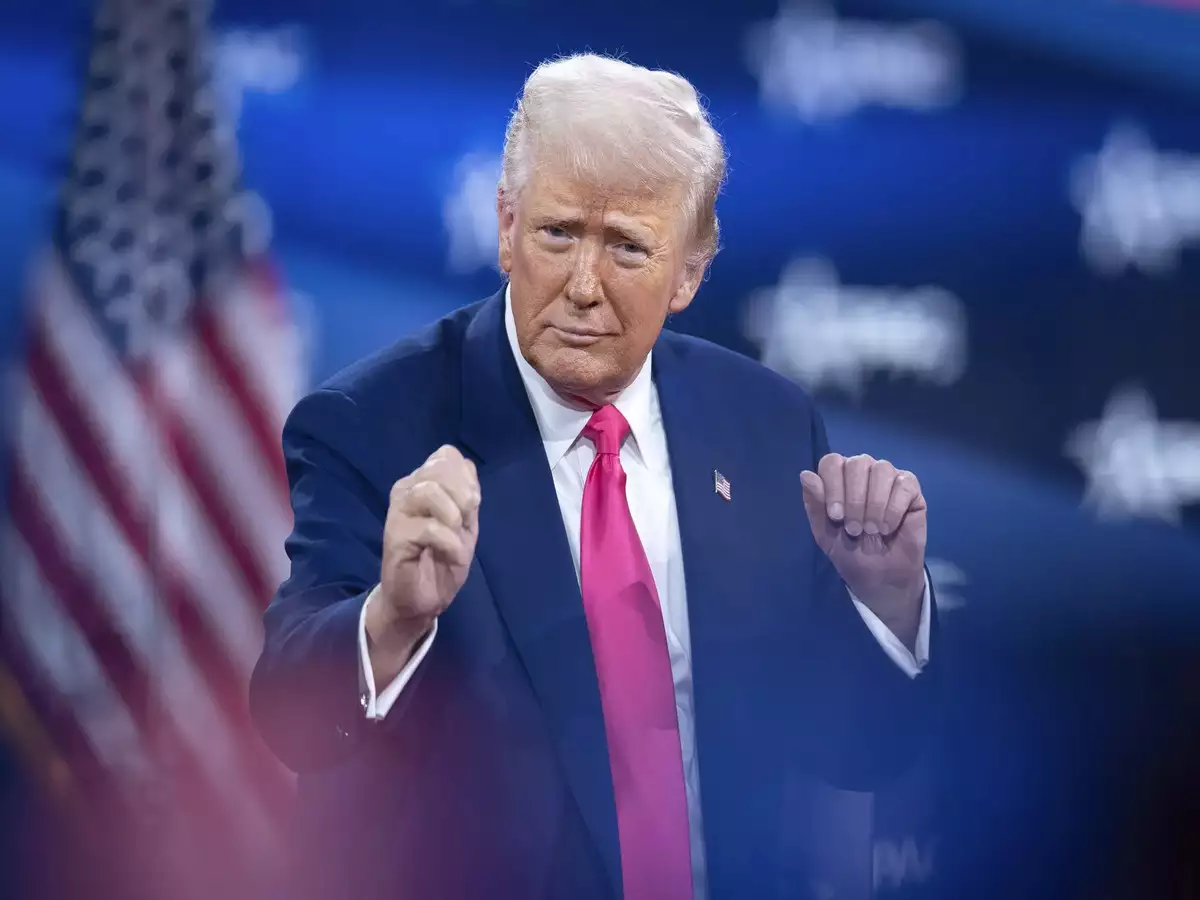
Trump's Red Carpet Plan for Wealthy Foreign Investors
Former President Donald Trump is pushing a new visa policy that offers wealthy foreign investors a fast-tracked path to U.S. residency. The plan, dubbed the "Gold Card" visa, requires a $5 million investment in key industries but faces criticism for favoring the ultra-rich
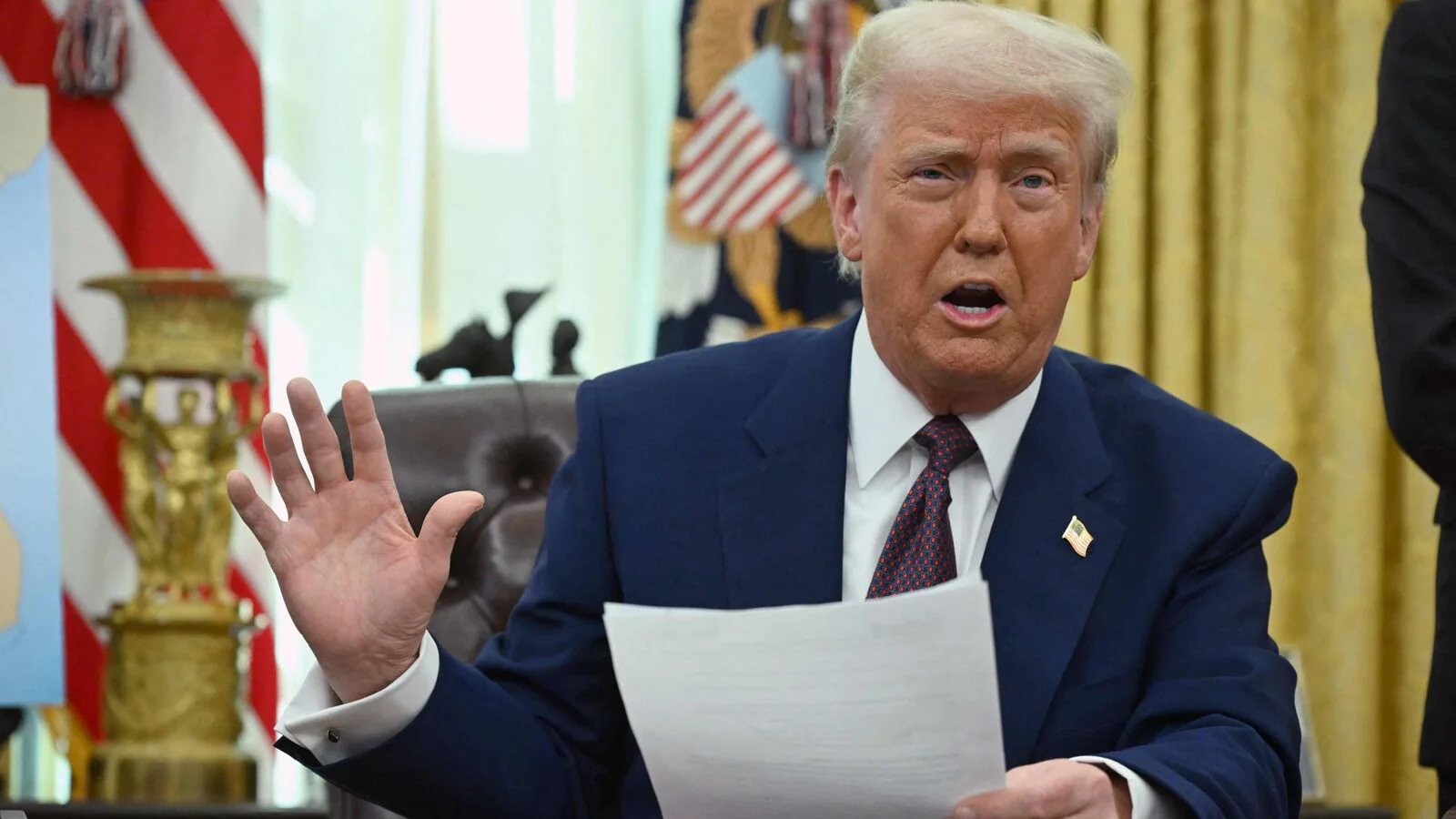
How Trump’s $5M ‘Gold Card’ for Rich Migrants Works
Donald Trump’s proposed $5 million "Gold Card" visa seeks to fast-track residency for wealthy investors, aiming to boost the U.S. economy through capital inflows

Details Emerge on Trump’s $5M ‘Gold Card’ Visa Plan
Donald Trump’s proposed $5 million "Gold Card" visa seeks to attract high-net-worth individuals to the U.S., promising economic growth and investment opportunities
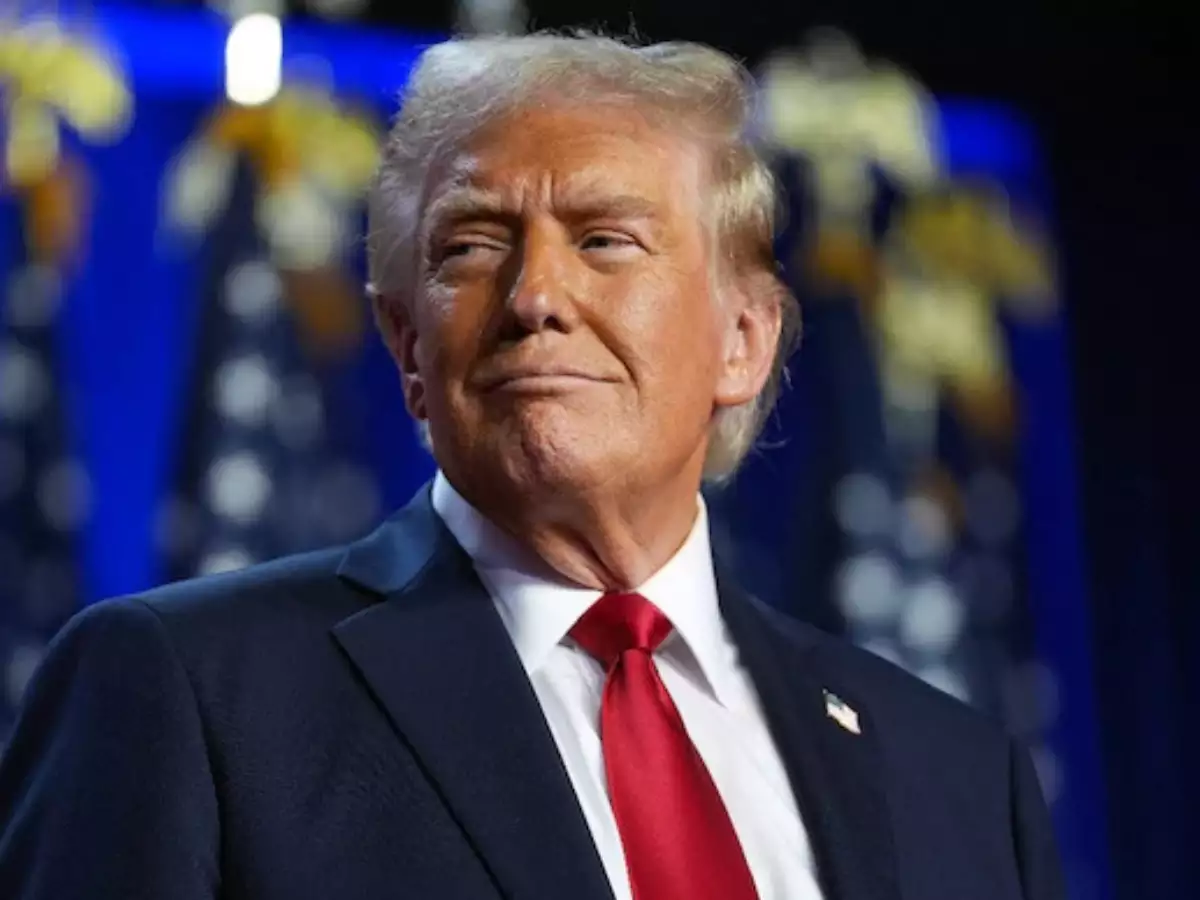
Investing Amid Volatility in Trump’s Second Term
As Donald Trump begins his second term, market volatility remains high. Investors are looking for strategies to navigate economic uncertainties and capitalize on policy shifts

Why U.S. Stocks Are Still a Smart Investment
U.S. equities continue to outperform, driven by strong earnings, economic resilience, and innovation. Investors remain bullish on long-term market growth

Stock Market Trends: The Impact of U.S. Investment Regulations
U.S. investment regulations play a crucial role in shaping stock market trends. This article explores the impact of regulatory changes on investor behavior, market volatility, and long-term market outlook